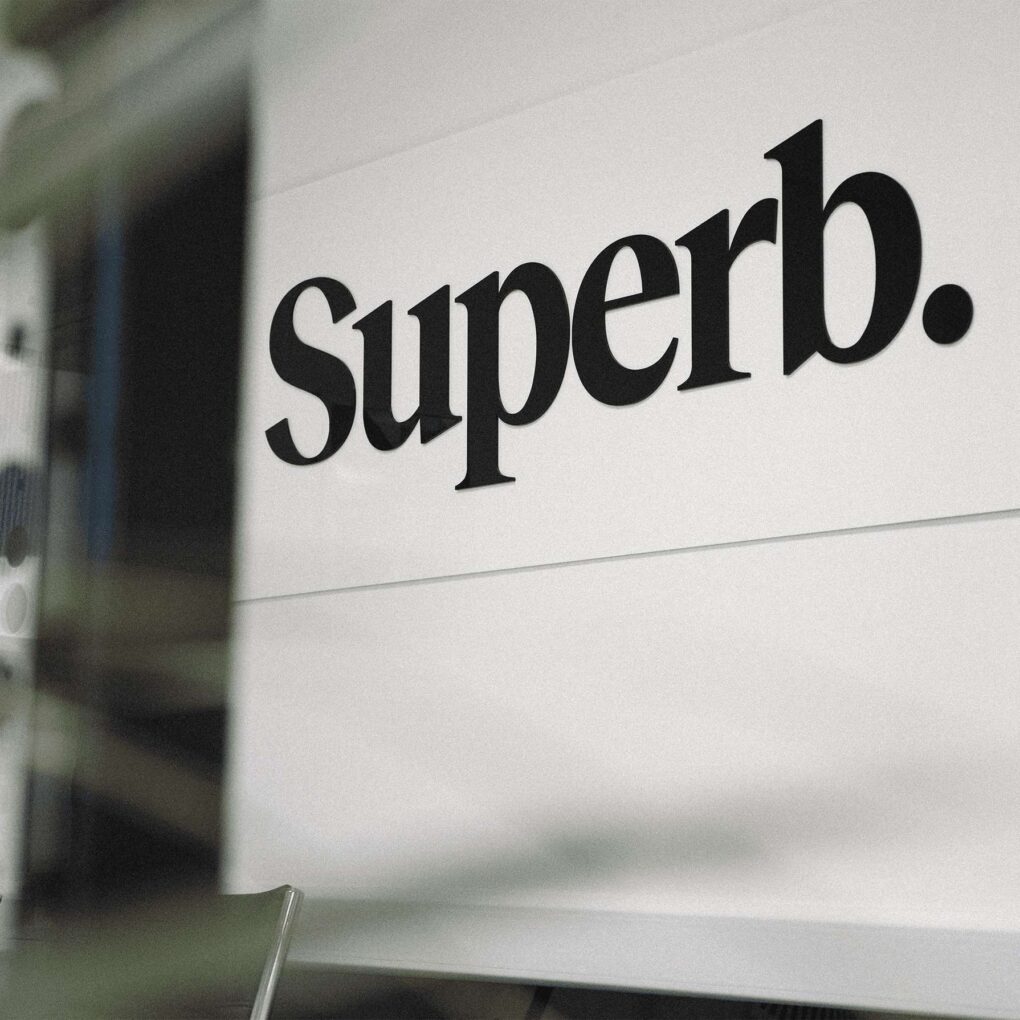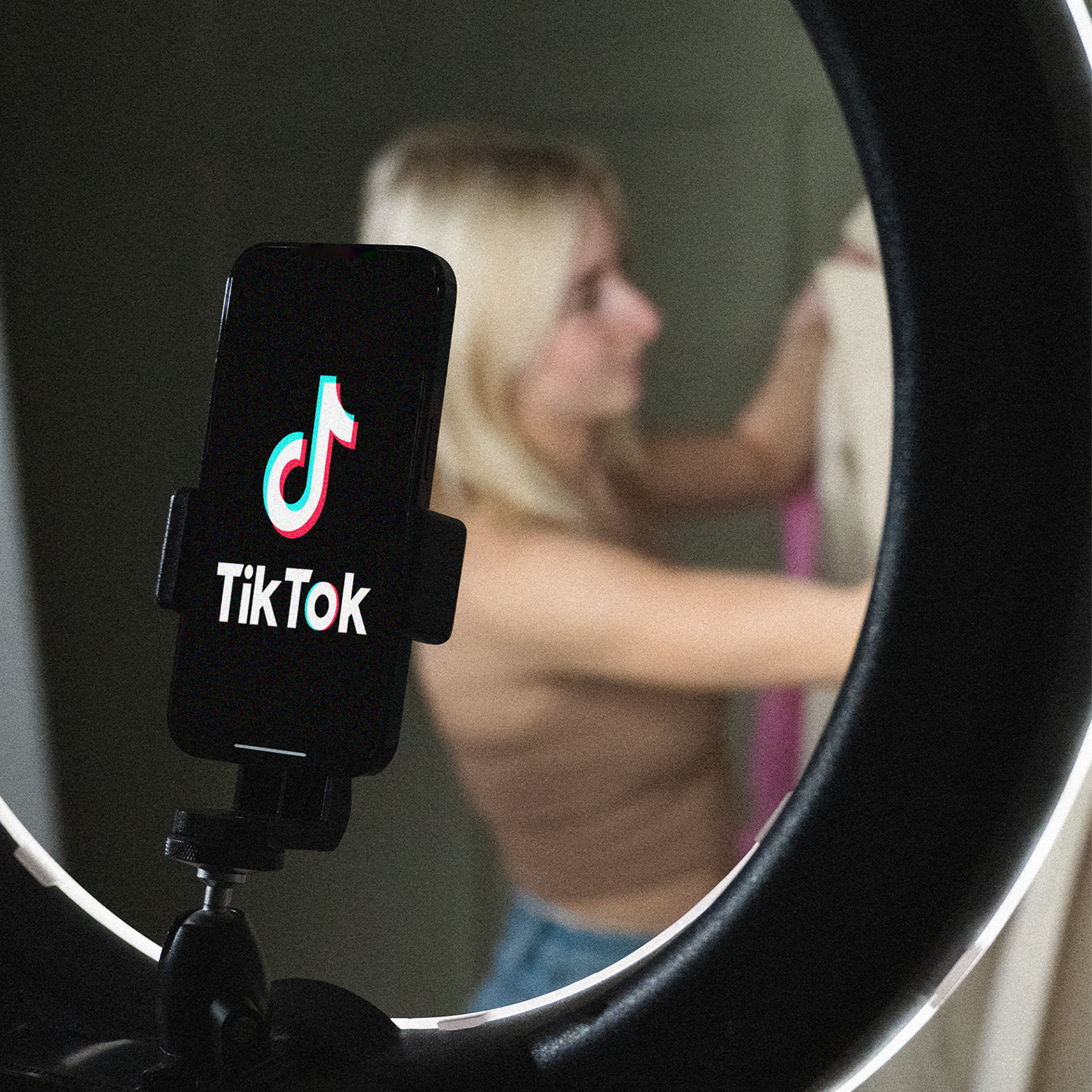For years big brands have bought into the fake followers economy and purchased followers from companies who specialise in selling fake Social Media profiles. Many brands looking for a quick fix in sorting out their lackluster Social Media presence have looked no further than the fake follower economy in order to give them more of an allure. These fake follower companies not only sell followers but they also supply brands with likes and comments. Despite violating the rules of Facebook and Twitter these companies have continued to operate- until now.
New York state is investigating a company called Devumi, a well-known purveyor of fake followers. Devumi was allegedly selling more than 200m fake followers on Twitter. This is a colossal amount, but fake follower companies having been an open secret and given implicit permission to continue operating under the radar. Why now is there a crackdown? Well, as it turns out Devumi was using photos and information from preexisting Social Media accounts to create its fake accounts. In short, it was stealing information from Social Media users and engaging in a form of identity theft. As identity theft is illegal, authorities are cracking down.
This is sure to be a major blow to the brands who were readily using Devumis services.
Reality television stars, professional athletes, comedians, TED speakers, pastors, and models are just some of the kinds of big-name celebrities who bought followers, often via their agents or managers. These high profile individuals attract followers and attention by having a lot of followers in the first place, so it makes sense for them to buy followers.
In the age of influencer marketers, brands will have to adjust their strategies. It makes no sense to throw money at a so-called influencer on Twitter if you presume that the individual is influential just because he or she has an abundance of followers. Without any means of real investigation, there is no way of guaranteeing that a so-called influencer’s followers are authentic profiles. There really is no way of assessing the quality of an influencer’s audience. If brands do start to get suspicious about the quality of an audience, then this is bad news for influencers who make money based on their numbers of followers. There have been instances in the US where teenage influencers have earned in the excess of 100,000 dollars, working for some big name brands. These influencers according to Devumi’s records tweeted to an audience of bought and therefore disengaged followers.
The fake follower economy is not sustainable. Brands are essentially being ripped off as a consequence through influencer marketing. However, Facebook and Twitter are at a technical disadvantage when it comes to cracking down. There is also a disadvantage for the platforms themselves if they shut down fake accounts and subsequently purge the friend’s lists of big-name profiles. This is because it looks good for the likes of Facebook and Twitter if they have users with followers in the millions. The Social Media sites look popular and relevant and therefore attractive to investors.
The problem is now too big to ignore. Celebrities are buying thousands upon thousands of fake followers. In the light of the Devumi scandal, sites are slowly shutting down fake profiles, as evident in the way that many high profile people are seeing a drop in their numbers of followers. It is clear a cleanup operation is happening.
We are now in the twilight years of the fake follower economy. Brands are no longer easily duped by accounts with big numbers of followers claiming to be influencers. With the story of fake followers out there and exposed, brands are all too aware that they could be paying to send out their messages to vacant, disengaged profiles. Despite technical difficulties, Social Media sites are starting to crack down. Brands who have benefited from influencer marketing and the fake follower economy will now have to adjust their marketing strategies accordingly.








